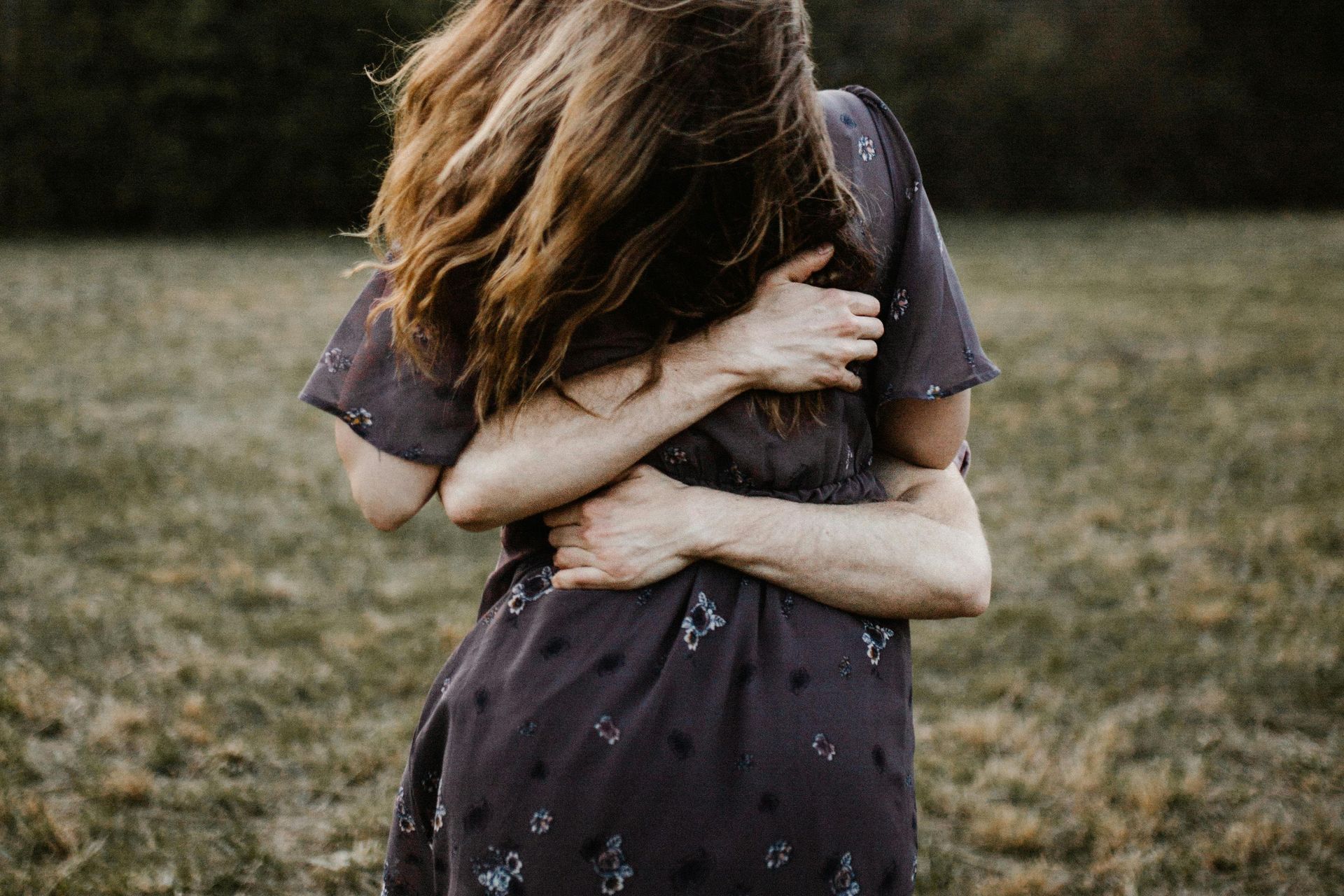This is Grief
May is a heavy month for me.
It’s been one year since I lost my dog, Grover: my soul dog, my best friend, my quiet, steady companion. Even now, saying that out loud doesn’t feel real. Some days, it feels like he was just here. Other days, it feels like he’s been gone forever. That’s the thing about grief. It bends time, plays tricks on your memory, and shows up when you least expect it.
I’m a therapist. I spend much of my time holding space for grief, sitting with clients as they navigate loss, uncertainty, and the quiet ache that follows. But today, I’m not writing as a therapist. I’m writing as a person who has loved and lost, hard.
I still miss the sound of his paws padding behind me. His raspy voice would always let me know when it was time for breakfast, dinner, or treats. He never let me forget when it was time for a walk. Even if I was in the middle of a session, he made his presence known. Everything in my life had a place for him. I used to sleep half-hanging off the edge of my king-sized bed so he could sprawl comfortably. His seat in the car was always ready. He had weekly hangouts with his little buddies, a non-negotiable part of the calendar. He was my constant. My co-pilot. The center of my routine.
Grover wasn’t “just a dog.” He was with me through it all: the heartaches, the joys, the seasons of growth, and the ones that felt impossible to get through. He was my grounding presence in the chaos, the one who sat beside me in the quiet moments, the one who always seemed to know when I needed him near. He never spoke a word, but he offered the most honest companionship I’ve ever known. His love was unconditional, and so was mine. That kind of understanding, quiet, steady, and wordless, is rare. And it’s something I will always hold sacred.
That’s the complexity of pet grief. It’s the loss of a companion, a part of your everyday. It’s missing someone you never had a conversation with, yet who somehow knew you better than most. It’s the ache of empty routines and the absence felt in all the small, ordinary spaces they used to fill.
Grieving a pet is its own kind of grief. It’s deep and real, but often silent and unacknowledged. But if you’ve ever loved a pet the way I loved Grover, you understand it’s never “just” anything. It’s woven into your life. It’s the daily rituals, the quiet comfort, the way their presence makes the world feel more manageable and less alone.
And grief itself is not tidy. It doesn’t follow rules or move in neat, predictable stages. It doesn’t politely excuse itself after a few months. It lingers. It shifts. Some days it softens. Other days, it cuts unexpectedly. It’s disorienting, lonely, and deeply, achingly human.
A year later, the grief has softened, but it hasn’t gone. It lives beside me now, the way Grover once did. It doesn’t interrupt my days the way it used to, but it still finds me, especially in the quiet moments. And with that ache, there’s also something else: gratitude. A deep, full-body kind of appreciation for the bond we shared. A connection so rich that its absence will forever leave an imprint.
I’m writing this not just for me, but for you, if you’ve lost someone. A pet, a person, a part of yourself. Loss is loss. And grief can feel unbearably lonely, especially when the world moves on and yours has stopped.
So here’s a space for the ache. For the love. For the messiness. For the gratitude. Because what lives alongside my grief is the honour of having loved someone so completely.
If you’re in it, missing someone who mattered more than words can hold, I see you.
I miss Grover every single day. And I am endlessly grateful I got to love him the way I did.
This is grief.
And this is love.
SHARE THIS POST:
OUR RECENT POSTS:
Reclaim Your Peace of Mind
Book your free consultation now and discover the support you deserve.







